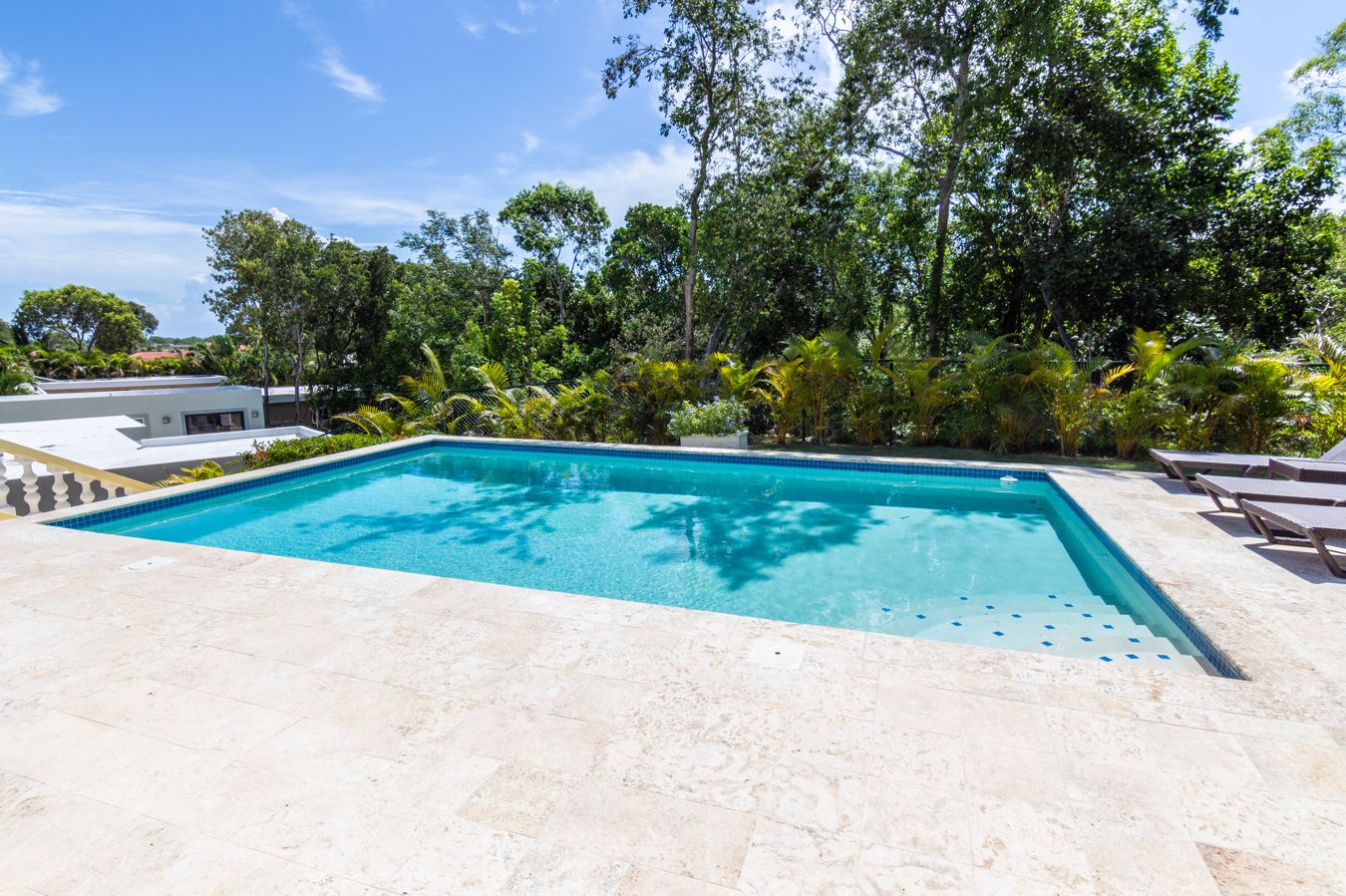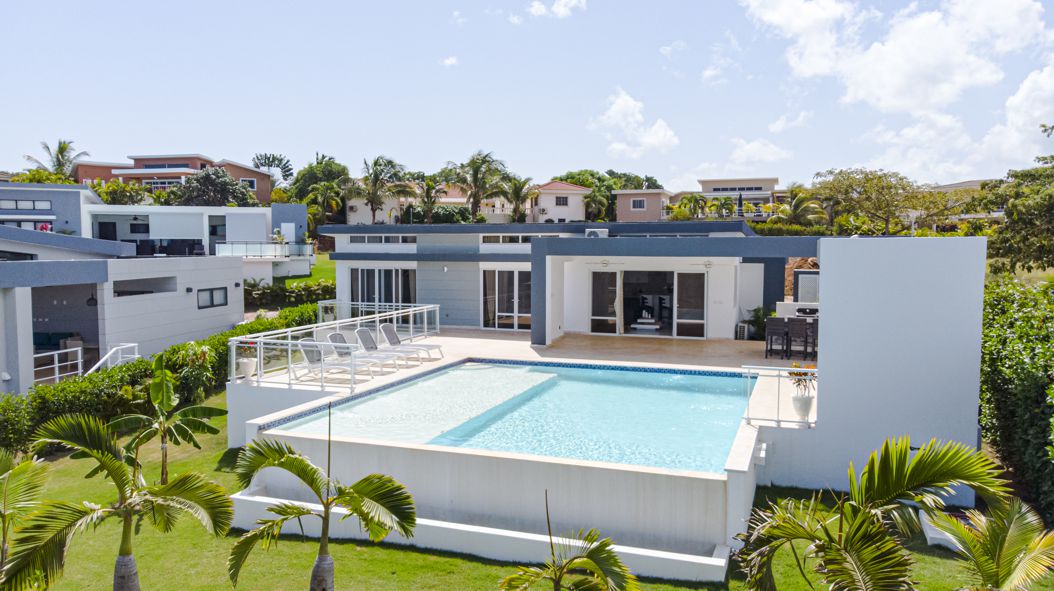
Types of Taxes in the Dominican Republic
Daydreaming of daiquiris on the beach and saying goodbye to long nasty winters forever? Casa Linda Quality Communities is here to help make your vision of life in tropical paradise a reality! Located on the northern end of the Dominican Republic just outside Cabarete and Sousa, our luxury villa community is the perfect place for ex-pats from all walks of life to settle in and enjoy the many perks of island living. From long sunny days with soaring temperatures (the DR averages over 300 days of sun each year and daily temps around 24°C or 82°F) to a vibrant community of welcoming friends, there’s no better place to call home and start a new life full of adventure and relaxation!
Relocating Basics: A Quick Look at DR Taxes
Moving abroad is an incredibly exciting process, and with a little homework and extra knowledge on your side, you can make the transition easier! At Casa Linda, we often get questions about the quality of life in the DR, as well as what to expect when it comes to taxes when you settle down in the Dominican. Below, we’ve put together a quick list of 5 basic taxes you can expect to encounter within the Dominican Republic.
Income Tax
Thanks to the country’s openness to foreign investors, and entrepreneurs and the recent surge in WFH friendly workplaces, the Dominican has become an increasingly popular destination for ex-pats looking to earn income while they enjoy the perks of paradise. It is important to note that those residing in the DR for more than 182 days a year will be considered taxable residents and you will need to get a tax number to file accordingly.
Those who earn $8,671 USD or more annually ($722 USD monthly) will need to prepare to file taxes, but the good news is, that your income is only taxed based on what you make in the DR exclusively. Once you’ve been a resident for over 3 years, you’ll also have to pay taxes on overseas investments, but pensions or social security funds are not considered within this category.
Capital Gains Tax
Capital gains refer to money made during the sale of an asset, and the tax placed upon the profit to adjust for inflation. Capital gains are taxed like regular income (0 % – 25 % for individual taxpayers and 27 % for companies). Worth noting is that there is an adjustment in place to account for the depreciation in value of an asset (i.e. vehicles) over time, so your inflation value is related to the overall salvage value and the overall value is assessed in Dominican Pesos opposed to USD.
Property Tax
Property taxes are assessed at 1% of the total value of your home for dwellings exceeding $135K USD. Those who own bare land and intend to build you will still be subject to the 1% assessment without the minimum threshold. Property tax is dues by March 11 each year and can be paid in either one or two instalments.
Inheritance Tax
All estates of those residing within the Dominican are subject to inheritance tax, regardless of the nationality of the owner. Inheritance taxes in the DR are 3% of the overall value after deductions including medical and funeral expenses, as well as outstanding debts and mortgages. Beneficiaries should be aware that they must file a declaration within 90 days, though in complex cases you can gain an additional 3-month extension where warranted.
Double Taxation
Most expatriates are (rightfully) concerned with knowing whether or not they will be subject to double taxation when they move to the DR. In simple terms: unless you are a Canadian or Spanish citizen, the answer is yes. At present the DR only has ratified treaties with Canada and Spain, therefore other nations are still subject to double taxes (sorry!).
Learn More about Life in the DR Today!
At Casa Linda, there’s nothing we love more than welcoming you to our sunny shores. With beautiful custom villas available at affordable prices, your life in paradise is closer than you think! Contact us today to learn more!



